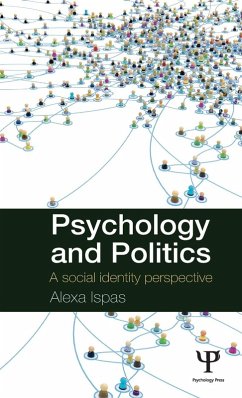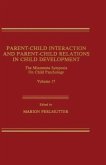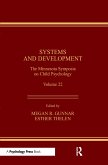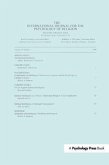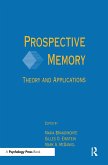What makes us divide the world into 'us' and 'them'? How can we exert social influence over others? When does a peaceful protest turn into a riot? Why are some politicians heroes one day and villains the next? Where do we find the resources to resist authoritarian regimes? Taking these questions as a starting point, the book examines political conduct from a social identity perspective. Supported by over two decades of empirical research, this perspective distinguishes between our personal identity, which is prevalent when we think of ourselves as individuals, and our social identity, which comes to the fore when we think of ourselves as members of groups. The social identity perspective argues that our political behaviour is largely governed by our social identity, and discusses the implications this has for politics, particularly for social influence, crowd events, leadership, and authoritarian regimes. Accessible and engaging, the content covers a wide range of political topics, such as the way in which categorizing ourselves into groups influences how we perceive the social world, the implications of categorization for social influence, the development of crowd events, the dynamics of leadership, and the mechanisms underlying obedience under authoritarian regimes. The book will appeal to advanced undergraduate and postgraduate students across a range of disciplines, as well as to political activists and leaders.
Hinweis: Dieser Artikel kann nur an eine deutsche Lieferadresse ausgeliefert werden.
Hinweis: Dieser Artikel kann nur an eine deutsche Lieferadresse ausgeliefert werden.

